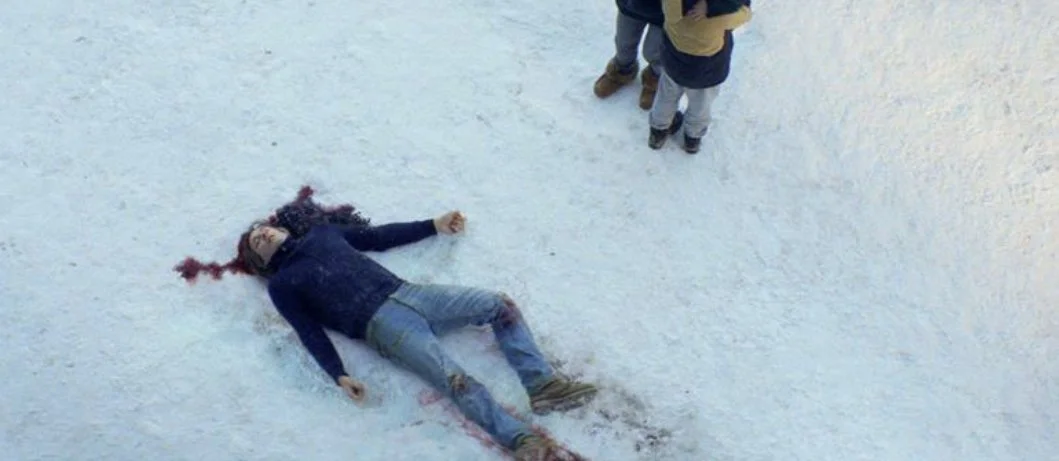Justin Triet’s “Anatomy of a Fall,” starring Sandra Hüller is being released in theaters on Friday. It’ll expand into more cities later this month.
When I saw this film at Cannes, I immediately stated it was a Palme d’Or. There was no doubt in my mind that it deserved the top prize. The fact that it won the big prize five days later meant that the jury got it right this time.
“Anatomy of a Fall” is a staggering 150-minute achievement, a Hitchcockian puzzle. It’s no surprise to hear that Triet had originally envisioned it as a TV mini-series before being convinced of shooting it as a movie. This is the kind of film that would easily fit as a high-quality HBO mini series, and I do mean that as a compliment.
Hüller plays Sandra, a German-born, France-based novelist who gets accused of killing her husband at their snowy country house. It doesn’t help that one of her novels eerily predicted some exact details of the crime. She’s in trouble.
Set in the wintry morning French Alps, Sandra’s husband, Samuel (Samuel Theis), was found dead on the ground outside their house. The cause is a major gash on his head. The police cannot identify whether the head trauma occurred before or after a three-story window fall and whether somebody pushed him or not.
Sandra was the only other person in the house, and the night prior the couple had a verbal argument that turned physical. Sandra’s blind 10-year-old son, Daniel (Milo Machado Graner), heard it all. There’s even a recording of it.
Coincidences and clues start to pile up, but there’s still an uncertainty that invades this film. The viewer never really knows who to trust. Is Sandra a murderer? We don’t want her to be, but the possibility always seems to linger in almost every frame of this vaguely brilliant film.
Triet, who co-wrote the script with Arthur Harrari, adds discovery after discovery, all casting doubt upon each other, just as Sandra’s own child begins to suspect her. As much as this film’s grim courtroom scenes fascinate, and they are a master class in puzzle-making dissection, ‘Anatomy’ is also about a family destroying itself.
One call easily call “Anatomy of A Fall” a “genre hybrid,” it’s really a mix of true crime, domestic drama and courtroom — fascinatingly told. It’s also about the unknowable, keeping a chilly distance between viewer and its main protagonist. Huller wonderfully conveys the mysteries of her character, daring us to root for a person who might very well have lied about not murdering her husband.
Triet’s film tackles the frustrating aspects of life’s unanswered questions. The filmmaker tackles the intimate stories that we tell, the truths, and falsehoods, that slip through the cracks. The ambiguity here is damn-near perverse. Triet doesn’t side with Sandra, she just lets us watch her actions. [A-]





